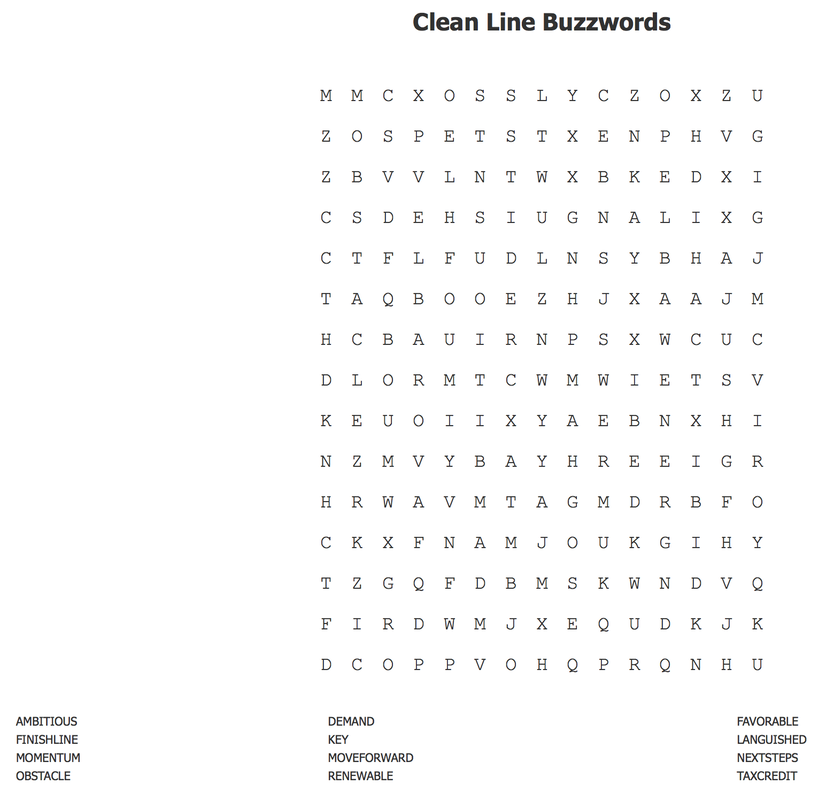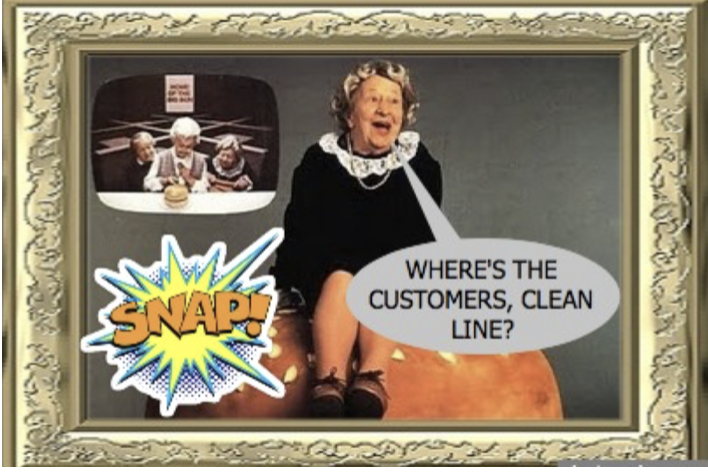What's wrong with this article? It's misinformed, propaganda-driven malarkey that relies on glittering generalities and opinion. It's not "news." It belongs on the Editorial page, not in "business news."
The proposed multistate transmission line, Grain Belt Express, has languished before Missouri regulators for years — with their at times controversial rejections representing the last major obstacle to sending Kansas wind energy east along an intended 780-mile path.
While the overall decision on the project’s approval remains the bigger matter before the PSC, the regulatory body announced this month that it was also warming up to begin the separate process of approving its sale.
Some outside experts in Missouri speculate that Invenergy’s bid to take over the project can only help its odds of getting across the finish line.
James Owen: this guy has shot himself in the foot so many times by spewing falsehoods in the media that nobody even listens anymore. If Invenergy wants to buy the project that's proof there's value to the project? The only proof there is that Invenergy has some sort of scheme in the works to leverage some parts of the project to serve its quest for profit. The Invenergy/GBE deal is contingent upon successful permitting in Kansas and Missouri. It is not contingent upon successful permitting in Illinois and Indiana, nor successful transfer of GBE's FERC negotiated rate authority to proposed new parent Invenergy. If Invenergy intended to build GBE as currently proposed, all those conditions would be present in the contract. They're not, therefore Invenergy does not need Illinois or Indiana permits, nor negotiated rate authority, for whatever scheme it may cook up with the carcass of GBE.
She declined, however, to give updates or estimates about Invenergy’s anticipated, or hopeful, timeline for the project.
“I think it’s premature for us to be talking about timelines right now,” said Conley. “When we have a decision in that case (from the PSC), then we can really consider timelines and development and what the next steps for the project are.”
The project would be accompanied by the large-scale construction of new wind energy generation in western Kansas. Although about 85 percent of electricity distributed by the project would be destined for other states, it would power approximately 200,000 Missouri households. The PSC, even in denying the project through certain legal interpretations, has agreed that it is in the public interest, and would save Missouri customers millions of dollars by promoting access to cheap wind energy.
The transmission project would be the biggest, by far, that the Chicago-based company has ever undertaken. The company has developed more than 400 miles of combined transmission lines in its history, Conley said — just over half of the distance that Grain Belt would cover.
But for any prospective wind energy developer, the end of 2020 has long been a key point on the calendar.
After that point, production tax credits for completed wind projects begin to phase out. Even without receiving the full tax in their entirety, Clean Line officials previously said they felt the project would be cost-effective, thanks to technology and declining costs. Invenergy shares that belief, Conley said — full tax credits or not.
Perhaps this reporter should have attempted a balanced piece by talking with opponents to the project? It's almost as if there is no opposition at all. Failure to recognize the opposition does not make it disappear. It only makes this article look biased. And what's up with that graphic? It shows three Clean Line projects, two of which have been officially cancelled, without any recognition whatsoever by the reporter.
This article is opinionated garbage. The St. Louis Post-Dispatch needs to do better.


 RSS Feed
RSS Feed